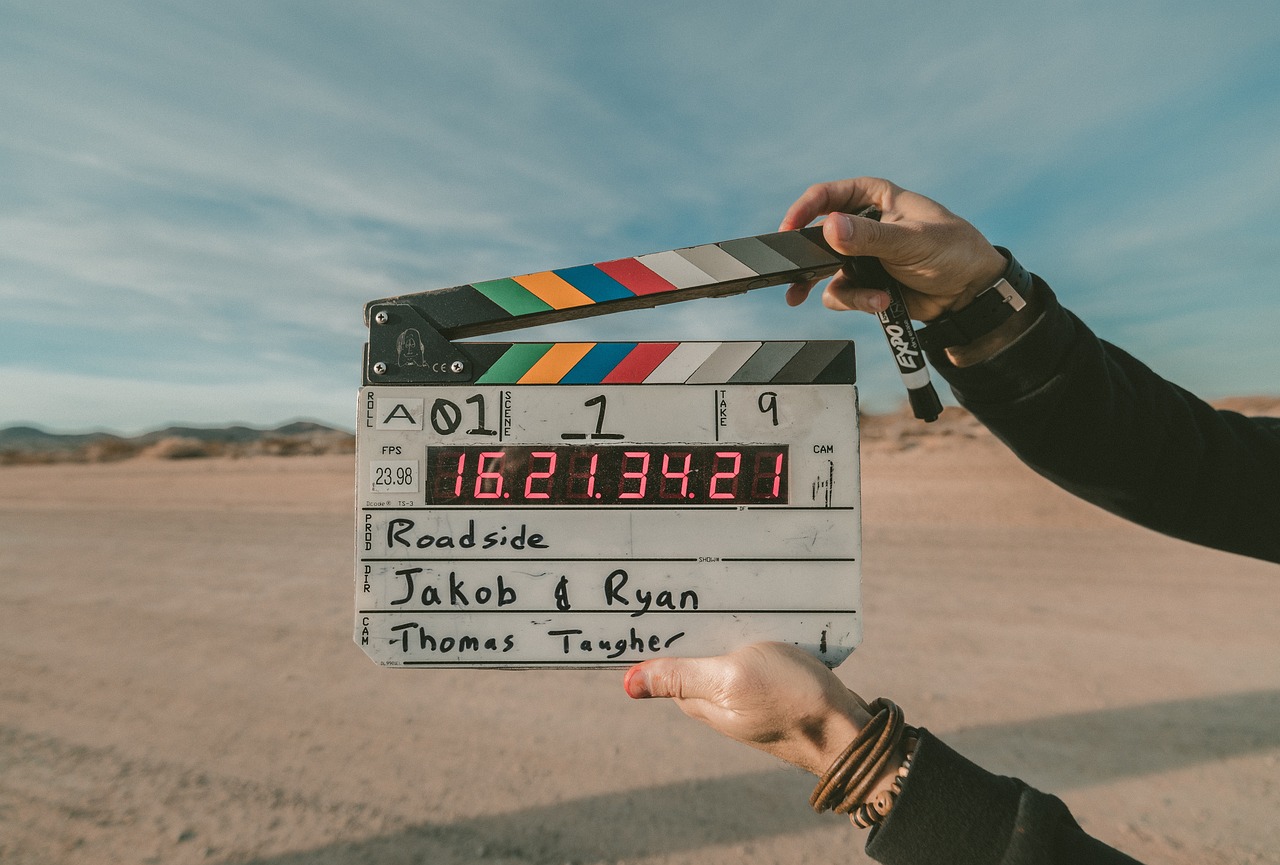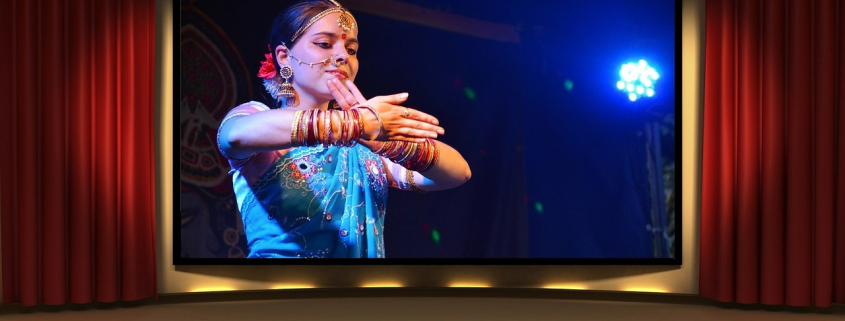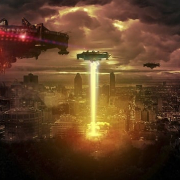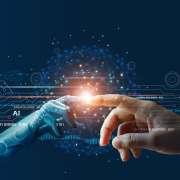Revolution on Screen: The Unstoppable Rise of AI in Crafting the Future of Cinema
How AI Will Change the Movie Industry When It Generates Full Movies
In an era where technology continuously reshapes our lives, the film industry stands on the brink of a monumental transformation, courtesy of artificial intelligence (AI). This comprehensive exploration dives into the multifaceted impact of AI on filmmaking, particularly as it ventures into generating full-length movies. From scriptwriting to post-production, AI’s influence is poised to revolutionize the way we conceive, produce, and experience cinematic content.
The Evolution of AI in Filmmaking
AI’s integration into filmmaking is not a novel concept; it has gradually permeated various aspects of production over the years. Initially confined to enhancing special effects and animation, AI technologies have now expanded their repertoire to include script analysis, casting recommendations, and even composing film scores. This section delves into the progressive role of AI in cinema, highlighting key milestones and the transition towards more creative and integral applications.
Revolutionizing Content Creation
The advent of AI in generating full movies marks a pivotal moment in cinematic history. This revolutionary approach not only streamlines the content creation process but also unlocks unprecedented possibilities for personalized storytelling. Imagine films that adapt in real-time to viewers’ emotional responses, crafting a uniquely engaging experience for each audience member. This section explores the potential of AI to redefine the boundaries of storytelling and viewer engagement.
The Impact on Creative Jobs
While the integration of AI in filmmaking heralds a new era of efficiency and innovation, it also raises concerns about the future of creative roles within the industry. This segment examines the evolving landscape of film production jobs, emphasizing the emergence of new career paths that blend artistic flair with technological prowess. It argues for a harmonious coexistence of human creativity and AI, where technology amplifies rather than replaces human talent.
Technological Advancements and Challenges
Behind the scenes of AI-driven filmmaking lie complex algorithms and cutting-edge technologies. This section sheds light on the breakthroughs enabling AI to take on more creative roles, from generating realistic CGI characters to crafting intricate narratives. It also addresses the technical and ethical challenges that accompany these advancements, including concerns about originality, copyright, and the authenticity of AI-generated content.
Audience Reception and Interaction
The integration of AI in movie production extends beyond the realms of content creation to reshape the audience’s viewing experience. This part of the article investigates how
AI-driven analytics and predictive models are being used to gauge audience preferences and tailor cinematic experiences accordingly. It highlights the potential for interactive movies, where viewers can influence story outcomes, and discusses how AI can enhance engagement by providing content that resonates more deeply with individual tastes and cultural backgrounds.
The Role of AI in Post-Production
Post-production is traditionally a labor-intensive phase, involving editing, color grading, sound design, and more. The incorporation of AI into this stage promises to streamline workflows and enhance creative decisions. This section explores how AI tools can automate tedious tasks, allowing filmmakers to focus on the artistry of storytelling. It also looks at how AI can contribute to more dynamic and emotionally resonant narratives through intelligent editing techniques.
AI’s Contribution to Screenwriting and Story Development
The fusion of AI with screenwriting and story development is redefining the limits of creativity. AI’s ability to analyze vast datasets, including books, scripts, and audience feedback, provides a unique perspective on storytelling. This section discusses the collaborative potential between AI and human writers, highlighting how AI can offer suggestions, plot alternatives, and character developments, thereby enriching the creative process.

Economic Implications for the Film Industry
The integration of AI into filmmaking is not just a creative revolution but also an economic one. This segment delves into the cost implications of adopting AI technologies, the potential for reduced production budgets, and the impact on the global film market. It also considers how AI might influence distribution strategies, potentially leading to more direct and personalized content delivery methods.
Ethical Considerations in AI-Generated Films
As AI assumes a more prominent role in the creative aspects of filmmaking, ethical questions regarding authorship, originality, and intellectual property come to the fore. This section addresses the complex issues surrounding the creation of AI-generated content, including the rights to AI-produced scripts, characters, and storylines, and the implications for the concept of artistic authenticity.
Future Predictions and Trends
Looking ahead, the trajectory of AI in filmmaking is both exciting and uncertain. This part of the article speculates on future developments, such as fully autonomous AI directors, personalized movie experiences based on biometric data, and the convergence of virtual reality with AI-generated cinema. It considers the broader implications of these trends for the entertainment industry and society at large.
Case Studies and Real-World Examples
To ground the discussion in reality, this section presents case studies of successful AI applications in recent film projects. It examines how AI has been used to solve specific creative and technical challenges, from enhancing visual effects to generating entire movie scripts. These real-world examples serve to illustrate the practical benefits and limitations of AI in the current filmmaking landscape.
Conclusion and Future Outlook
As we stand on the cusp of a new era in cinema, the potential of AI to transform the film industry is both immense and nuanced. This concluding section reflects on the journey of AI in filmmaking, acknowledging the challenges and opportunities that lie ahead. It emphasizes the collaborative potential between AI and human creativity, advocating for a balanced approach that leverages the best of both worlds to enrich the cinematic experience.
In sum, the advent of AI-generated full movies is set to redefine the contours of the film industry, ushering in a new age of creativity, efficiency, and personalization. As filmmakers, audiences, and technologists navigate this evolving landscape, the symbiosis between human ingenuity and artificial intelligence will shape the future of storytelling in ways we are only beginning to imagine.






